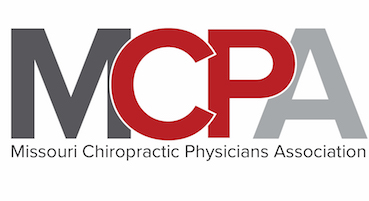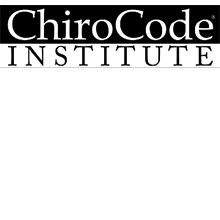- Home
- Members Only
- Insurance
- Legal
- Legislative
- Radiation Safety
- Medicare
- Business Center
- Chiropractic Health Month
- Insurance
- About Us
- Membership
- Events
- Publications
- Doctor Resources
- Missouri Scope of Practice
- Missouri CE Requirements
- Online CE University
- Helpful Links
- Current Missouri Laws
- Research
- Immunizations
- Veterans Affairs
- MO Health Net (Medicaid)
- COVID-19 Update
- 21st Century Cures Act & Information Blocking
Closing Down the Practice: When a Chiropractic Physician Decides to Shut the Doorsby Gerald F. McGonagle, JD
After a long and successful career, when it’s time for a chiropractic physician to end his or her practice, several issues, legal and procedural might arise. Many chiropractors are not certain of how to shut down the practice and how they should proceed to make sure it is wrapped up appropriately. This article will provide a general outline for what a doctor of chiropractic should do to ensure they are ending their practice properly and without worry. Step 1: The first critical step in closing the practice is to inform your employees of your intent to close the doors. You should give them ample notice so they have enough time to wrap up all the accounts and provide patient files and can effectively assist in shutting down. Step 2: The second most critical to-do is to inform your patients and/or their legal representatives that the practice will be closing. It is important to relay this message in writing. To be extra safe and guarantee patients receive the notice, it is a good idea to mail them certified mail with a return receipt. This notice should clearly state the date the practice is closing and that the patient will have to seek care from a different provider. You should also advise the patient that you will furnish a copy of his or her record of health history and treatment, pursuant to RSMo. § 191.227. You should be mindful that the statutory rules still apply even when you are wrapping up your practice, so the guidelines contained in 191.227 are relevant. You will be able to provide medical records more expediently if you attach a medical record release authorization to the notice. You might also want to advise the patient that they can contact you to receive contact information of other chiropractic physicians and/or other medical providers who can continue their care and treatment. Additionally, you may state that any outstanding bills and/or invoices should be remitted prior to the practice closing to minimize the collections that must be done later. Include the entirety of each mailed document in each patient’s file to document that you sent the notice. Step 3: You should next contact your licensing Board with the approximate date on which you intend to terminate the practice or cease seeing patients at your facility. If you do intend to continue to see an occasional patient, you must still maintain your chiropractic facility registration and your active licensure status. The MSBCE can be contacted at 573-751-2104 or [email protected]. Step 4: Next, if you are credentialed with any healthcare network, you should notify the network of your intent to terminate your participation in the network. If the network receives invoices or bills pertinent to your practice, they need to be aware of the date in which you intend to go inactive. Step 5: Finally, if you have any leased equipment you should review your lease contract and notify the vendors of your intent to close your practice so as to negotiate favorable terms for your remaining debt obligation. The same would apply to a landlord if you opt to cease operation prior to the expiration of an existing lease term. The closing of your practice may constitute a breach of your leasehold obligations, so be sure to notify your landlord early on in your decision-making process, in an attempt to mitigate your costs. Other things to be mindful of when shutting down your practice: A retiring provider will continue to be exposed to the risk of a malpractice allegation. Missouri’s statute of limitations for the filing of a lawsuit alleging professional liability is two (2) years from the date of the alleged act or two (2) years from the date on which the claimant became aware of the act of negligence. You may cancel your professional liability insurance, but you should inquire with your insurance provider to ensure that you have suitable “tail” coverage to protect against any such latent lawsuit. Your billing and collection of accounts will continue for a number of months after your practice closes. While you may choose to outsource billing/collection practices so as not to be burdened after your practice ceases, you should still maintain close oversight to confirm that proper efforts are being made to maximize the collectability of your aged accounts. There are many other questions that may arise when you decide to shut down your practice. If you or any member of your staff has inquiries regarding shutting the doors, legal ramifications, or possible procedural missteps, we encourage you to call an attorney. |













